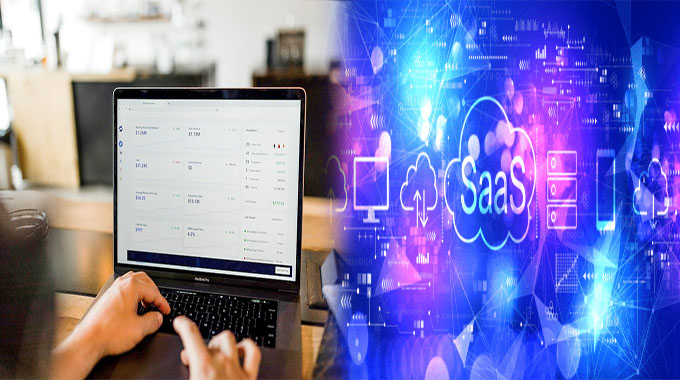Exploring Internet Business Models for Software as a Service (SaaS)
In recent years, the rise of Software as a Service (SaaS) has transformed the way businesses interact with software applications. As more companies recognize the benefits of SaaS, understanding the various internet business models associated with this software delivery method becomes crucial. In this article, we will explore the different internet business models for SaaS and how they have revolutionized the software industry.
1. Subscription Model
The subscription model is the most common internet business model for SaaS. In this model, customers pay a recurring fee (usually monthly or annually) to access and utilize the software. This model provides a predictable and steady stream of revenue for SaaS providers, allowing them to invest in product development and upgrades. For customers, this model offers flexibility, scalability, and the ability to easily adjust their software usage based on their needs.
2. Freemium Model
The freemium model combines free access to a basic …












